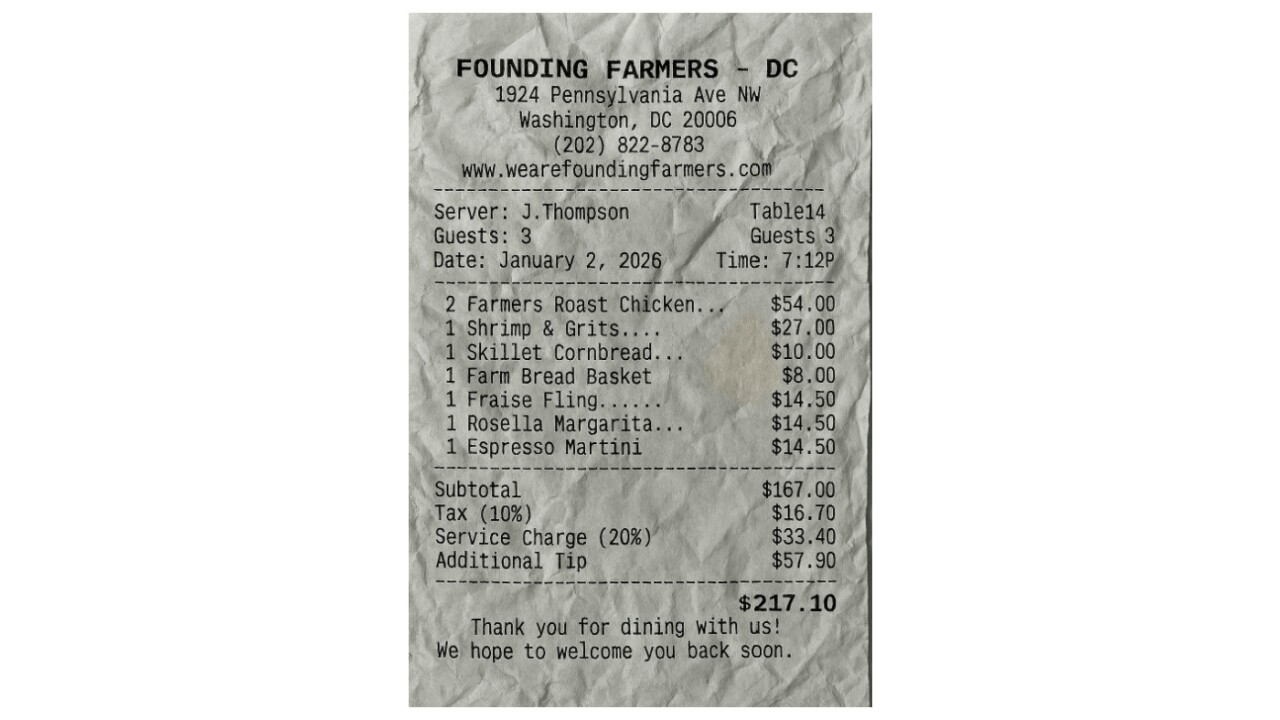
Nearly every financial institution has been evaluating generative AI, and Affirm is no exception.
CEO Max Levchin teased the buy now/pay later lender's plans for generative AI deployment on the search engine of its app during the company's fiscal third quarter earnings call with analysts Thursday.
"If you look at how the world is changing in the context of generative AI, every search is going to be an AI conversation like that. That's very, very apparent at this point," Levchin said. "You should absolutely expect us to have an answer for that as well."
Affirm's app allows customers to repay their Affirm loans but also browse its catalogue of merchants and their offers – including the fintech's popular
Levchin said the app should work as a "search engine" that answers queries such as "I have this thing or merchant" in mind, or "what's the smartest financial decision?" that a consumer can make with Affirm as their tool.
"We expect to lean into answering that question more and more and more. And you can sort of imagine some product ideas and features that come out of that," he said. "The search engine that we have today is pretty good. We are working on improvements on that pretty relentlessly."
The comments came the same day that Klarna's CEO Sebastian Siemiatkowski told
To be sure, Affirm has been using AI and machine learning for underwriting since its inception, Levchin said, and has also deployed generative AI and large language models for back office operations.
"We're actually quite actively investing into internal adoption of AI, where we have teams that are tasked with finding use cases for Gen AI specifically inside their teams," Levchin said.
Modifying contracts is one example, he said. "We have literally hundreds of thousands of legal contracts with merchants. You need to find a clause that we need to modify for whatever reason. That's a great task for an LLM," he said.
Another strong quarter
Gross merchandise value grew for its third straight quarter as Affirm hit analysts revenue expectations and beat on profit.
Revenue landed at $783 million, up 36% year over year and in line with analysts' expectations. Net income tallied $2.8 million, or 1 cent per diluted share, ahead of analysts expectations of a $9.3 million loss, or a 2 cent loss per diluted share. By comparison, Affirm posted a $134 million loss in Q3 2024.
GMV hit $8.6 billion, a 36% gain. Affirm Card accounted for $807 million of GMV – and grew 115%.
Zero-percent promotional financing offers continued to shine for Affirm, growing 44% and representing 13% of GMV. Those loans generate less revenue than interest bearing loans, but attract more prime and super prime customers and help drive "outsized point of sale" conversions.
More customers are using Affirm, too. Active customers grew 23% to 21.9 million customers, with average 5.6 transactions per active customer, an increase of 19%.
"We added 1.8 million new-to-Affirm consumers this quarter, while maintaining a 94% overall repeat rate, in part due to the attractiveness of monthly 0% programs. New-to-Affirm consumers whose first transaction was a monthly 0% grew by more than 70% year over year," Levchin wrote in his letters to shareholders.
JPMorgan analyst Reginald Smith remained bullish on Affirm ahead of the company's earnings call.
"Affirm shares have declined 35% from February highs (S&P 500 down 7% over that same time) on the view that higher prices from tariffs will squeeze the consumer, pressuring discretionary spending and defaults," Smith said. "We challenge that wisdom, as we think within certain bounds, higher prices at checkout can actually fuel consumer/merchant demand for financing solutions."
In a research note issued after the call, Jeffries said the "Quarterly results remain sound, with total revenue in line with expectations and operational expense coming in better."






